A good story’s a good story
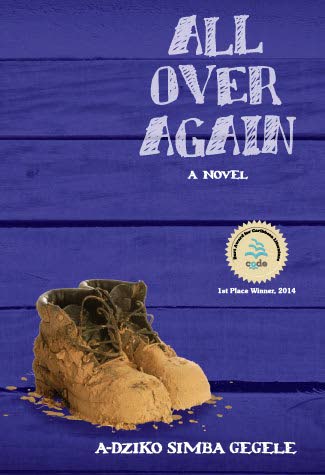
The author of an impassioned letter to the editor published in Newsday last Monday expounded on the benefits of young people reading adventure stories that feature Caribbean characters and settings and are based on historical events. Popular 1970s and 80s titles such as V S Reid’s out-of-print The Young Warriors and Sixty-five (for 11-14 year-olds) were cited and a call was made for today’s parents to create new demand for them and thereby encourage the publishers to reprint them.
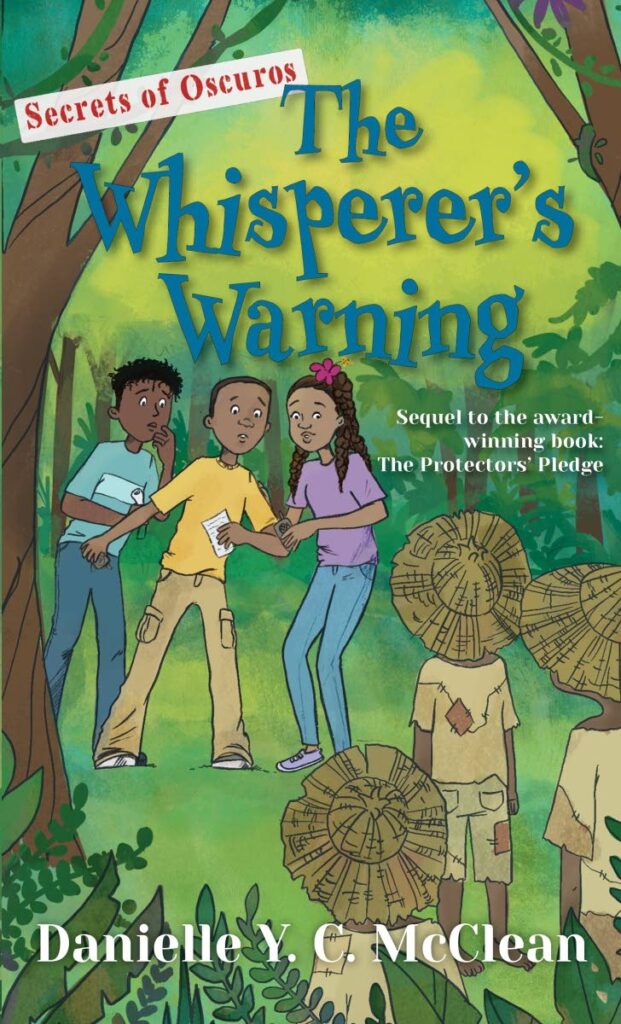
The letter writer is quite correct in asserting the importance of our children learning from our own reality and drawing upon a strong sense of historical antecedence. It is true, too, that our history is full of material for a thousand adventure stories, from the struggles and encounters of the Tainos and Kalinagos to the Maroons and black Caribs or Garifuna who now live all around the Caribbean Basin, to the many anti-slavery rebels and anti-colonial leaders and heroes, even to the time of Federation and Independence. The region is an adventure and historical fiction writer’s oyster.
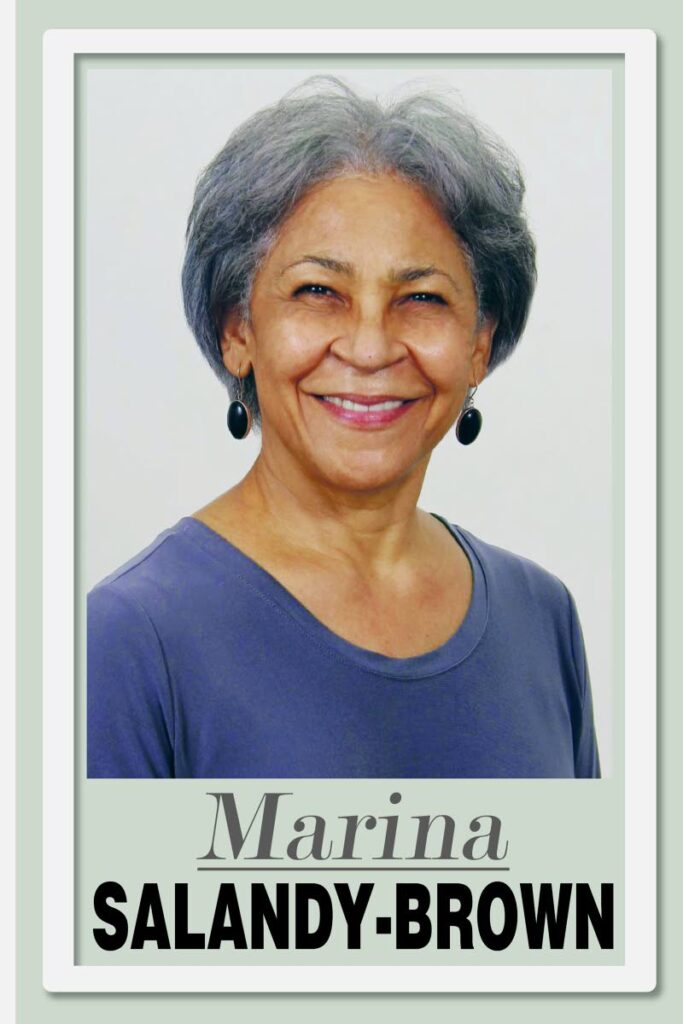
This rich environment and its legends are being mined by contemporary writers of fiction for young readers. Alake Pilgrim is one of them. Zo And The Forest Of Secrets (2022), is an exciting, vivid fantasy adventure set in Trinidad for readers aged over nine and features wild, wonderful and nasty characters who Zo encounters in the forest as she tries to find her way out. It was shortlisted for the 2022 Bocas Lit Fest Children’s Book Prize and Alake has been taking the book into schools to do readings. Before too long, we hope, it and Danielle Y C McClean’s mysterious The Whisperer’s Warning: Secrets of Oscuros (2022 winner) which draws on TT folklore, will be on the school syllabus for Forms 1-3 students and will be read widely, along with the many other winners of the various prizes the BLF has created to help build capacity in this sector.
Children can be keen and discerning readers and they love a good yarn. How we get those books into their hands is the challenge, when reading for pleasure is not the most popular pastime. Since 2015, the Bocas Lit Fest (BLF) has been actively engaged in interventions to influence what our children read in school, and at home for pleasure. The Ministry of Education, with the guidance of the curriculum coordinator and the BLF, added several new, contemporary titles to the syllabus for junior secondary schools. The Code Burt Award for Caribbean YA literature, funded by a Canadian philanthropist and administered by the BLF, over a six-year period, enabled Caribbean publishers to publish several new prize-winning titles to correct the lack of appropriate, good literature for our young Caribbean people that would build a life-long love of reading. Many of the books arising from that project up till 2015 are now part of the syllabus which was revised by the Ministry in that year.
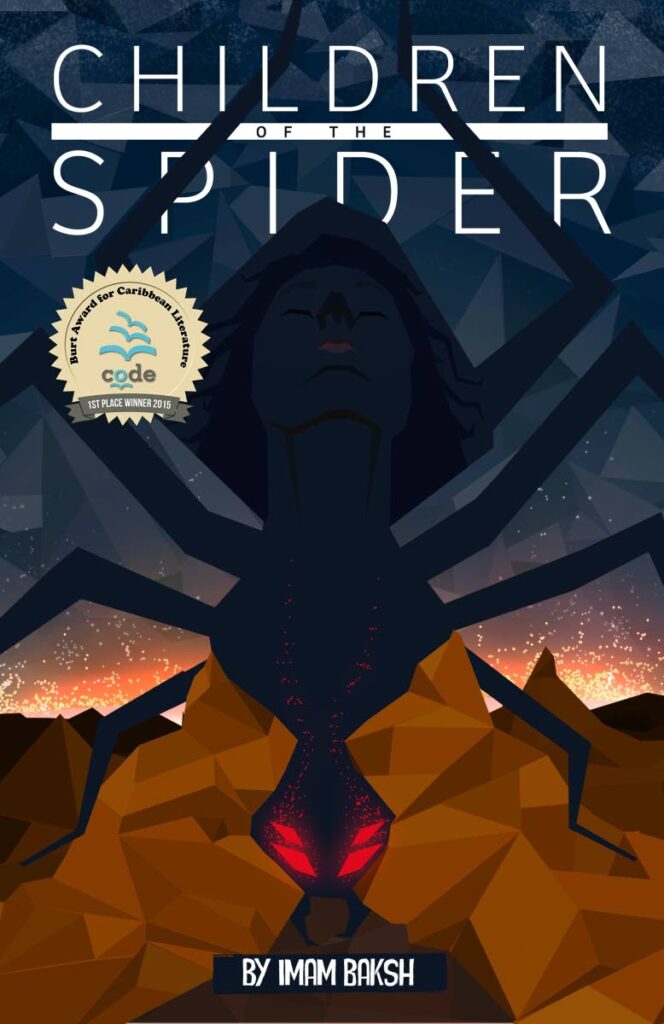
The current literature curriculum is encouragingly modern and diverse – ranging from Harry Potter titles and Michael Anthony’s Cricket in the Road, to new titles such as Imam Baksh’s futuristic Children of the Spider – another Burt Award winner, with an indigenous main character, and the inaugural award winner, A-dZiko Gegele’s All Over Again, which is probably a new Caribbean young adult classic. In 2016 and 2017, in order to encourage teachers to engage with these excellent new titles, BLF invited the shortlisted writers to tour TT schools to read and connect with students and teachers. Following on, the BLF Children’s Book Prize, for seven-12 year-olds and now in its third year, is highlighting the best contemporary books that should make it onto the syllabus when the ministry next makes a curriculum upgrade. In the meantime, projects are being created to get the newer titles and their authors on tour to our primary and secondary schools.
Books must be both fun and relevant in their subject matter in order to have impact and the capacity to assist young readers in their development. The Inter-Religious Organisation of TT’s recent call for banning the book I am a Rainbow may be an overreaction – I have not seen it – and more so is the Maha Sabha’s rejection of teaching health and family life, including sex education, in the our primary school curriculum. The argument is that it would constitute an infringement of constitutionally enshrined religious rights.
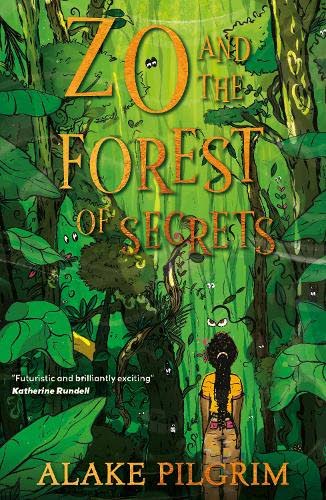
Certainly, gender fluidity is not a particularly easy matter for parents or teachers to deal with, whatever their religious beliefs, but we live in a world of changing sexual norms, not just here but in India, too. India and Hindus have long recognised same-sex and trans communities and the world has finally followed suit. Although the 1871 law that protected the traditional rights and responsibilities of India’s hijras was repealed shortly after independence, today, India’s 2019 Transgender Persons (Protection of Rights) Act prohibits employment discrimination against trans people in either the public or private sectors and grants other rights. Even classical Islamic law explicitly recognises and assigns legal rules to four genders of human beings: male, female, intersex (khunsa), and the effeminate male (mukhannath). We are really behind the curve here.
Books are powerful things and they can be misused but we must be sensible and recognise that children have rights too. We need to be mindful of not misserving them. The spectre of same-sex relationships has so frightened us that teachers are afraid to use extremely good books in the classroom. Lisa Allen-Agostini’s beautiful, prizewinning Home Home is among them simply because the young protagonist realises that her aunt has a same-sex relationship. There is no sex in the book apart from that knowledge. More importantly, the novel principally deals with teenage depression and mother-daughter, adult-teenage relations. The aunt’s relationship is a very useful lesson in how to negotiate life’s surprises. Hats off to the brave teacher who reads the book, realises what a superb teaching tool it could be and uses it to benefit her/his students who are coping with all manner of difficulty in their home lives. Religious organisations would better redirect their energies to getting full VAT on non-text books removed since they make books very expensive and discourage reading.
Marina Salandy-Brown is the founder and president of the Bocas Lit Fest.

Comments
"A good story’s a good story"